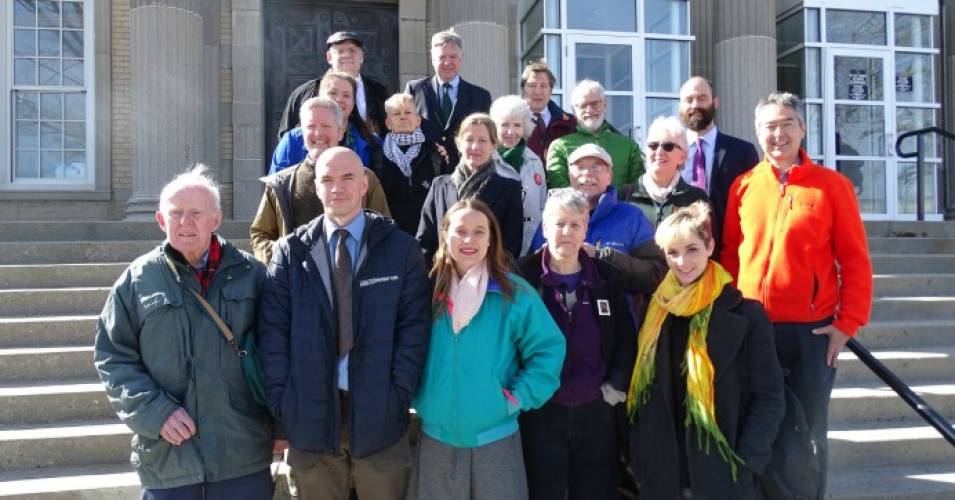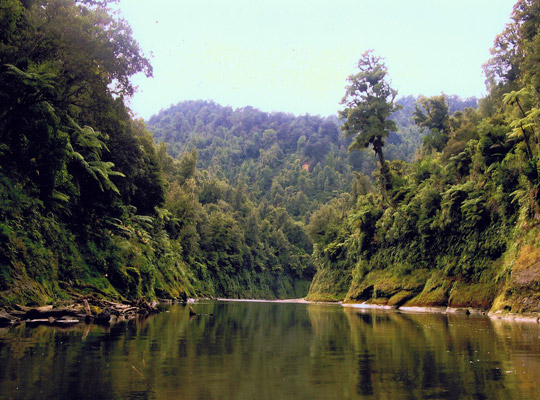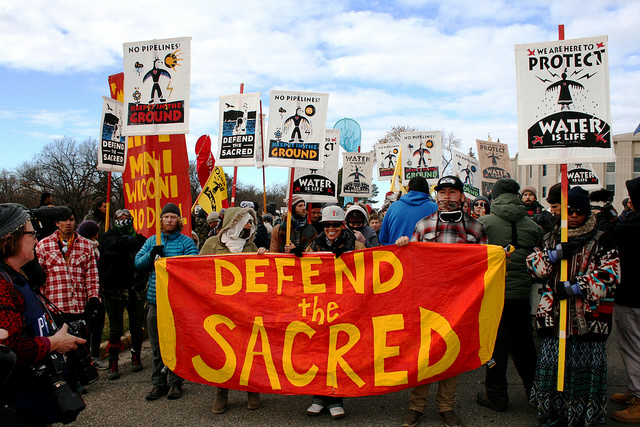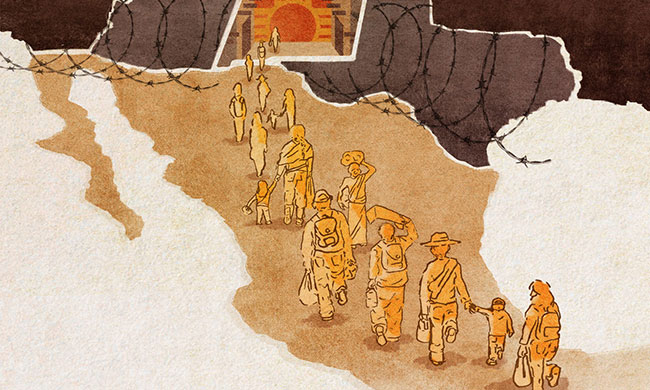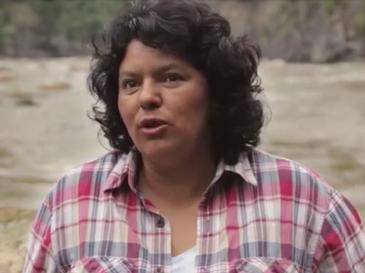Ahead of Capitol Hill forum, Rev. William Barber and Rev. Liz Theohalis reportedly still in police custody
By Julia Conley, staff writer for Common Dreams. Published 6-12-2018
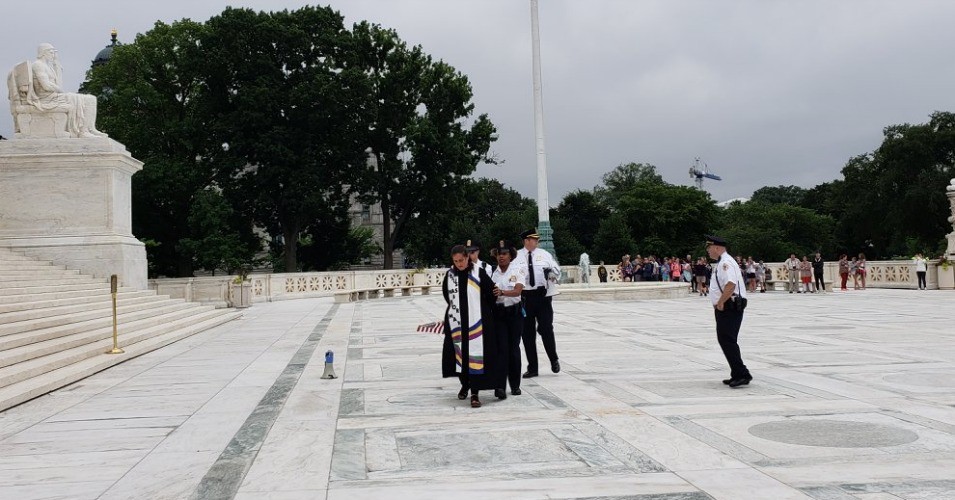
Rev. Liz Theohalis was among the community leaders who were arrested on Monday on Capitol Hill, while demonstrating as part of the Poor People’s Campaign. (Photo: @UniteThePoor/Twitter)
A day after being detained for leading a Poor People’s Campaign demonstration on Capitol Hill—just two of the dozens of arrests of anti-poverty advocates at protests across the country on Monday—Rev. William Barber and Rev. Liz Theoharis were set to speak at a forum on inequality and poverty in Washington, D.C. on Tuesday.
Sen. Elizabeth Warren and Rep. Elijah Cummings called the meeting in order to hear from Americans who are demanding that Congress address economic inequality and persistent poverty in many parts of the U.S.—amid the implementation of cruel policies like last year’s tax law, the benefits of which mainly went to the richest Americans. Continue reading


